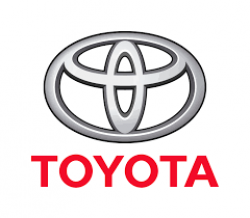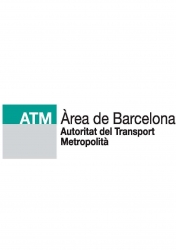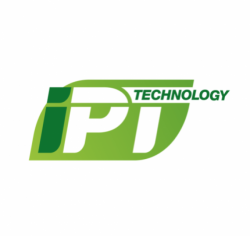 Brett Hauser
Brett Hauser Olivier Menuet
Olivier Menuet Jörg Reimann
Jörg Reimann Dr Jacopo Tattini
Dr Jacopo Tattini Dr Stephan Herbst
Dr Stephan Herbst Volker Blandow
Volker Blandow Rubina Singh
Rubina Singh Brett Hauser
Brett Hauser Lluís Alegre
Lluís Alegre David Hytch
David Hytch Michael Stautz
Michael Stautz Celine Cluzel
Celine Cluzel Tanuj Singh
Tanuj Singh Tanuj Singh
Tanuj Singh Volker Blandow
Volker Blandow Michael Stautz
Michael Stautz Daniel Dörflinger
Daniel Dörflinger Peter Wambsganss
Peter Wambsganss Dr Limhi Somerville
Dr Limhi Somerville Gernot Hacker
Gernot Hacker Ruth Knox
Ruth Knox Andrew Daga
Andrew Daga Egbert Hünewaldt
Egbert Hünewaldt Dr Michael Whiteley
Dr Michael Whiteley Thomas Bernin
Thomas Bernin Victoria Markewitz
Victoria Markewitz Daniel Dörflinger
Daniel Dörflinger John Palmour
John Palmour Ashish Khanna
Ashish Khanna Sebastian Ewert
Sebastian Ewert